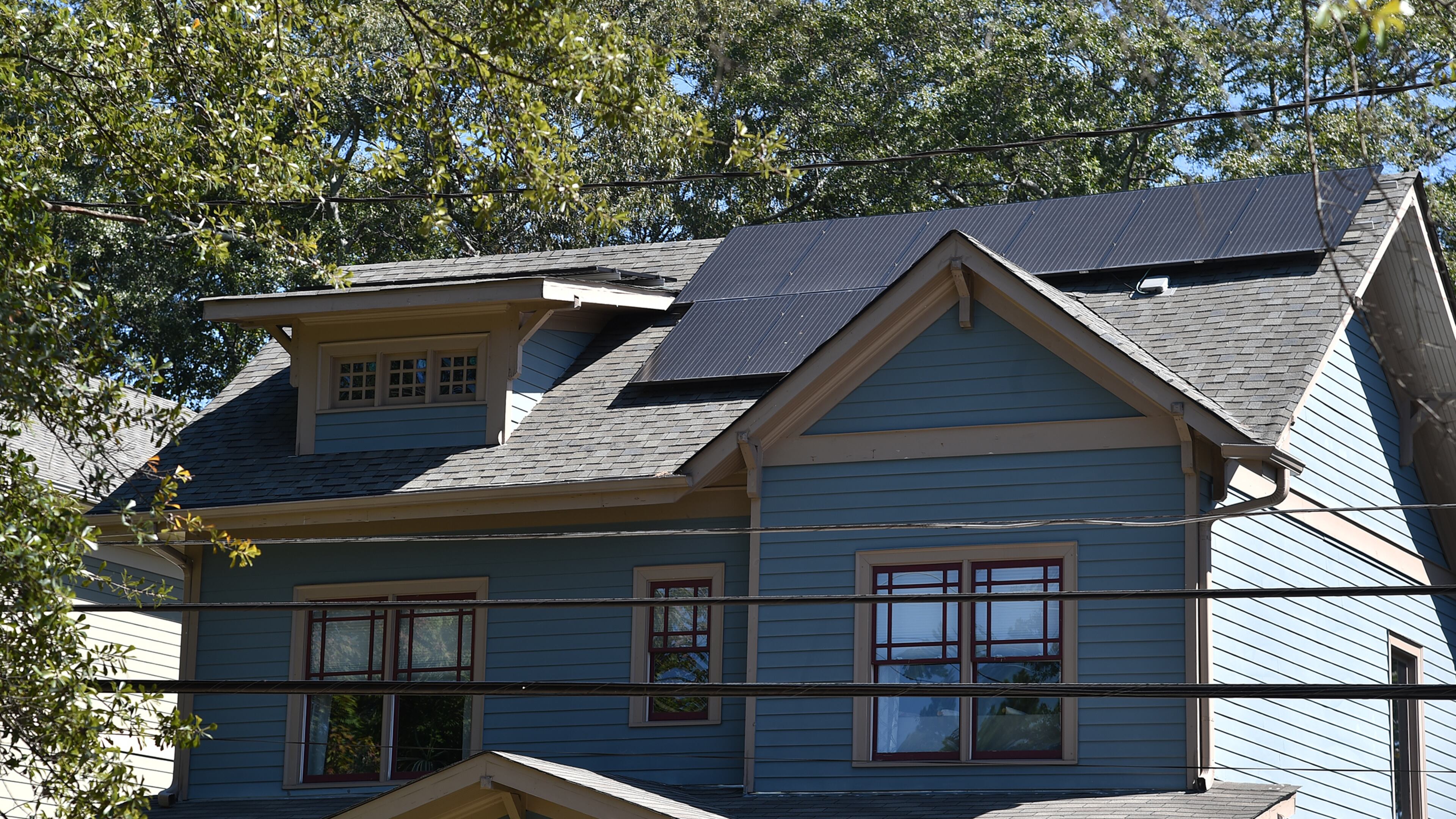Why aren't Georgians taking advantage of solar power law?

Georgia legislators are looking at tweaking a 2015 state law that has so far fallen short of its goal to encourage more people and businesses to install small-scale solar power projects.
“Frankly, there has been very little use of it,” Rep. Mike Dudgeon said Thursday in a hearing on the Solar Power Free-market Financing Act. The Johns Creek Republican spearheaded the law.
No one tracks the number of projects that have taken advantage of the law, which makes it easier for homeowners, small businesses and others to install solar power units on their properties without sizable up-front investments.
But, as reported in a recent AJC story, it appears the number is tiny.
“Less than a dozen” customers in areas served by Green Power EMC have used the law, said Jeff Pratt, president of non-profit company. Green Power provides electricity from renewable energy sources to 38 electric utility cooperatives serving most of state.
Solar power advocates called for the law to require utilities to disclose more information on their websites so that it is easier for customers to evaluate whether a solar installation will save money.
Under the 2015 law, a third-party company pays to install panels on the customer’s roof or land, and keeps ownership of the system. The company then sells solar power to the customer or collects lease payments under a long-term contract.
Utilities like Georgia Power, which are state-regulated monopolies, had previously argued such arrangements violated their right to be the only power provider.
Thursday, a Georgia Power executive said electricity rates in Georgia are cheaper than the national average, making it difficult for solar power leasing to be work economically.
“That’s the obstacle,” said Norrie McKenzie, Georgia Power vice president of renewable development.
But solar power advocates said that the roughly 90 electric utility companies, cooperatives and city-owned utilities operating in the state have developed a plethora of fees and requirements that discourage solar projects.
“It is difficult to get basic information,” said Jason Rooks, with the Georgia Solar Energy Industries Association, a trade group for solar power providers.
He said some utilities’ policies, especially in some rural areas and small towns, are punitive and appear to be aimed at discouraging solar projects.
“Their reasoning for doing it is you’re not buying power from them,” he said.


